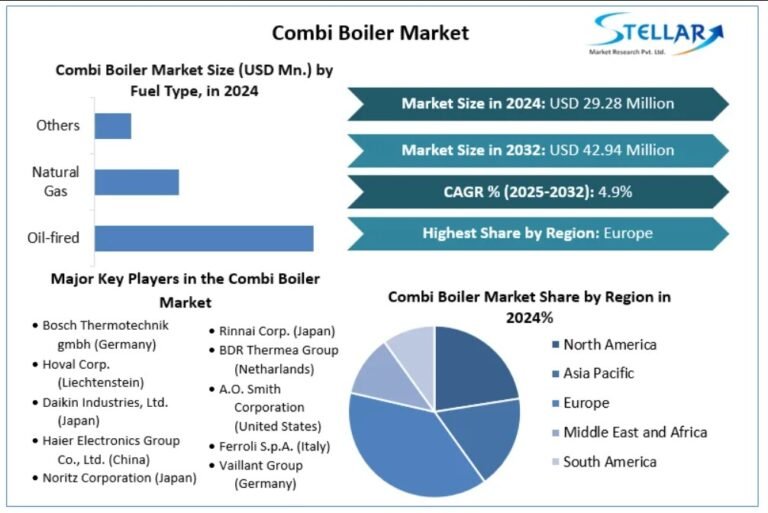If you’ve worked around machines long enough, you’ll know — when an oil pump starts acting up, you feel it. Maybe the flow slows down, maybe there’s weird noise, maybe the whole system just feels… off. That’s when you need to pay attention.
In industries like workshops, marine, fuel handling, or heavy machinery, these pumps move oil or lubricants from one place to another. And when they fail? Everything grinds to a halt — literally.
Let me walk you through how to spot when an oil pump’s not doing its job.
You Know Your Oil Pump’s in Trouble When…
The Flow Gets Weak
First sign? The oil’s not moving like it used to. You might notice slower transfer, spluttering, or uneven flow. Big red flag.
Weird Noises Start
Grinding, clanking, screeching… trust me, that’s not normal. Pumps are noisy by nature, but odd sounds usually mean internal parts are wearing down.
Oil Leaks Everywhere
Leaking oil around the pump, hoses, or fittings? Could be seals gone bad or cracks somewhere. Check it fast — leaks slow everything down and waste product.
The Pump Gets Hot
A pump that’s heating up more than usual means it’s working harder than it should. Might be internal damage, or maybe oil’s not flowing properly.
It Works… Then It Doesn’t
Intermittent pumping — stops, starts, sputters? That’s never a good sign. It could be electrical, mechanical, or just plain old wear and tear.
What Messes Up an Oil Pump?
Simple stuff adds up:
-
Using dirty oil or poor-quality fluids
-
Running the pump dry (no oil in the line)
-
Skipping maintenance checks
-
Letting seals, hoses, or fittings get old
-
Overloading the pump beyond its rated capacity
Seen it happen too many times — small problems grow fast when ignored.
What Should You Do?
First thing – shut it down if something feels off. Keep running it, you risk damaging more than just the pump.
Check for:
-
Oil levels and condition
-
Visible leaks
-
Clogged lines or filters
-
Electrical issues (if it’s motor-driven)
If it’s beyond a quick fix? Time to call your supplier or maintenance team. Sometimes it’s cheaper to swap the pump than patch problems over and over.
Final Word
In this line of work, equipment downtime costs money. An oil pump that’s failing slows you down, wastes oil, and risks damaging your machines.
Trust your gut – when the pump sounds weird, leaks, or flow gets weak, deal with it. Regular checks and sticking with decent suppliers help avoid bigger breakdowns.





